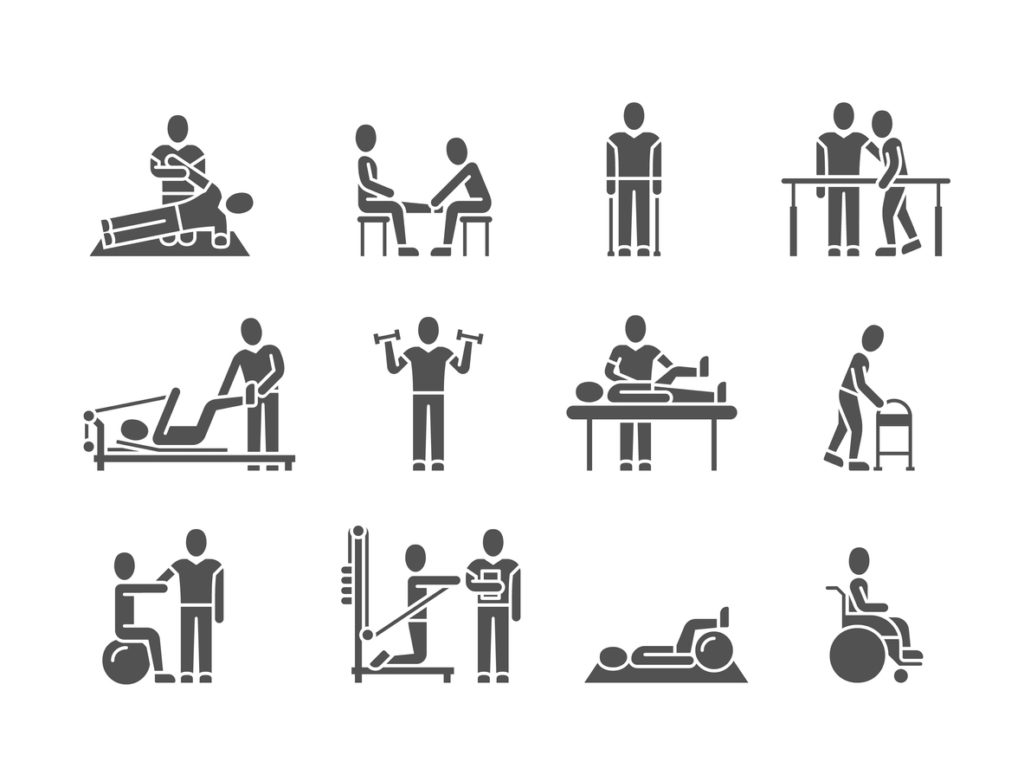Pain management techniques may influence how the brain processes pain and may help patients with fibromyalgia (FM), a chronic pain condition. This study will train patients with FM to use pain management techniques. Investigators will use brain scanning (functional magnetic resonance imaging, or fMRI) technology to identify changes in how a patient’s brain processes pain over time.
Official Title
Locus of Pain Control: Neural Substrates and Modifiability
Conditions
Fibromyalgia
Study Type
Interventional
Study Design
Treatment, Randomized, Open Label, Active Control, Parallel Assignment, Efficacy Study
Further Details
FM is a chronic pain condition that has no cure, and drugs are only partially successful in managing its symptoms. Many people with FM utilize nondrug management methods, such as exercise, for symptom relief. Nondrug methods can be quite effective, but some patients find it difficult to use these methods consistently. This study will determine which nondrug methods relieve FM symptoms by examining patients’ brains after exercise or relaxation techniques. Preliminary data indicate that beliefs about oneâs personal ability to control pain result in use of differential neural mechanisms to process pain. This study will use fMRI, a tool for visualizing pain-processing patterns, to gain insights into how exercise and relaxation techniques modify pain processing in patients with FM. There are four arms in this study. All participants with FM will be randomly assigned to one of three study arms. Participants in Arm 1 will receive relaxation training to supplement standard care for FM. Arm 2 participants will be prescribed an exercise regimen to supplement standard care. Participants in Arm 3 will receive standard care only. Arm 4 is a healthy control group, which will be followed during the 8-week intervention period. At baseline, all participants will undergo blood collection and physical examination and will complete questionnaires about demographics, treatment history, symptoms, functional status, affective status, and beliefs about pain. They will also undergo a baseline fMRI imaging study, combined with evoked pressure pain testing, to evaluate differences in neural mechanisms involved in pain processing. Patients in Arms 1 and 2 will then attend one face-to-face training session with a therapist, followed by phone contact over the next 8 weeks. Participants will be asked to record pain and adherence to treatment on an electronic diary. After 8 weeks, all study participants will undergo a second fMRI scan, blood collection, and physical examination, and will complete questionnaires similar to those completed at baseline.
Study Start
Eligibility & Criteria
Inclusion Criteria for Arms 1, 2, and 3:- Diagnosis of fibromyalgia based on the criteria outlined by the American College of Rheumatology – Standard medical care for fibromyalgia with the referring physician for at least the past 3 months Exclusion Criteria for All Participants:- Severe physical impairment that would prevent the participant from receiving either of the nondrug interventions (e.g., complete blindness, deafness, paraplegia) or coexisting physical impairments that could be harmed by light exercise (e.g., sprained ankle, neck injury) – Morbid obesity – Autoimmune disease – Cardiopulmonary disorders (e.g., angina, congestive heart failure, COPD, chronic asthma) – Uncontrolled endocrine or allergic disorders (e.g., thyroid dysfunction, Type I diabetes) – Cancer within the past 2 years – Current psychiatric disorder involving a history of psychosis (e.g., schizophrenia, schizoaffective disorder, schizophreniform disorder, delusional disorder), current suicide risk or suicide attempt within 2 years of study entry, or substance abuse within 2 years of study entry. Participants with mood disorders will not be excluded. – Any pending or active disability associated with fibromyalgia (e.g., SSI, Workersâ Compensation)
Total Enrolment
100
Contact Details
Chronic Pain and Fatigue Research Center, University of Michigan, Ann Arbor, Michigan, 48106, United States Virginia L. Gracely, MA 734-998-7110 vgracely@umich.edu
All content and media on the HealthEngine Blog is created and published online for informational purposes only. It is not intended to be a substitute for professional medical advice and should not be relied on as health or personal advice. Always seek the guidance of your doctor or other qualified health professional with any questions you may have regarding your health or a medical condition. Never disregard the advice of a medical professional, or delay in seeking it because of something you have read on this Website. If you think you may have a medical emergency, call your doctor, go to the nearest hospital emergency department, or call the emergency services immediately.







